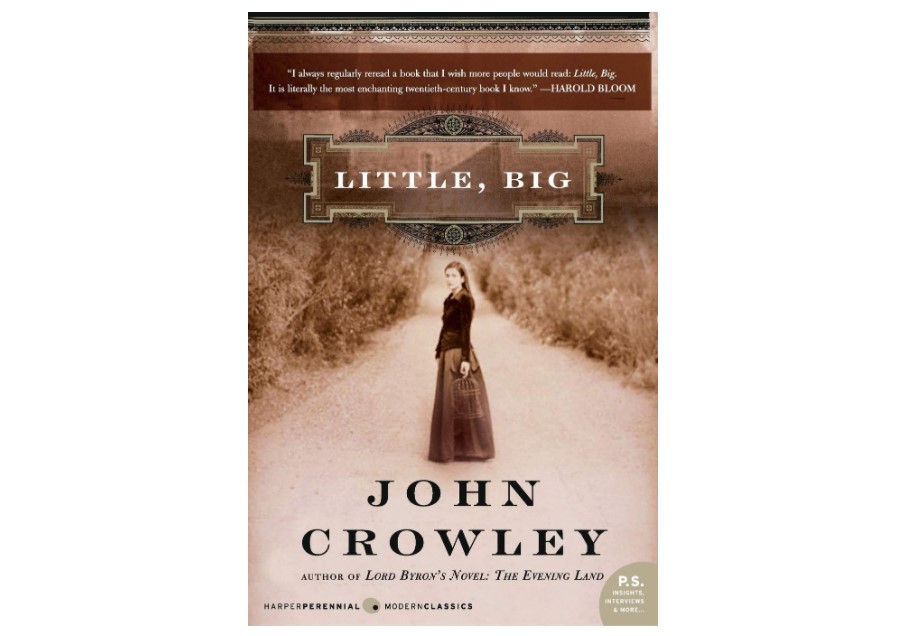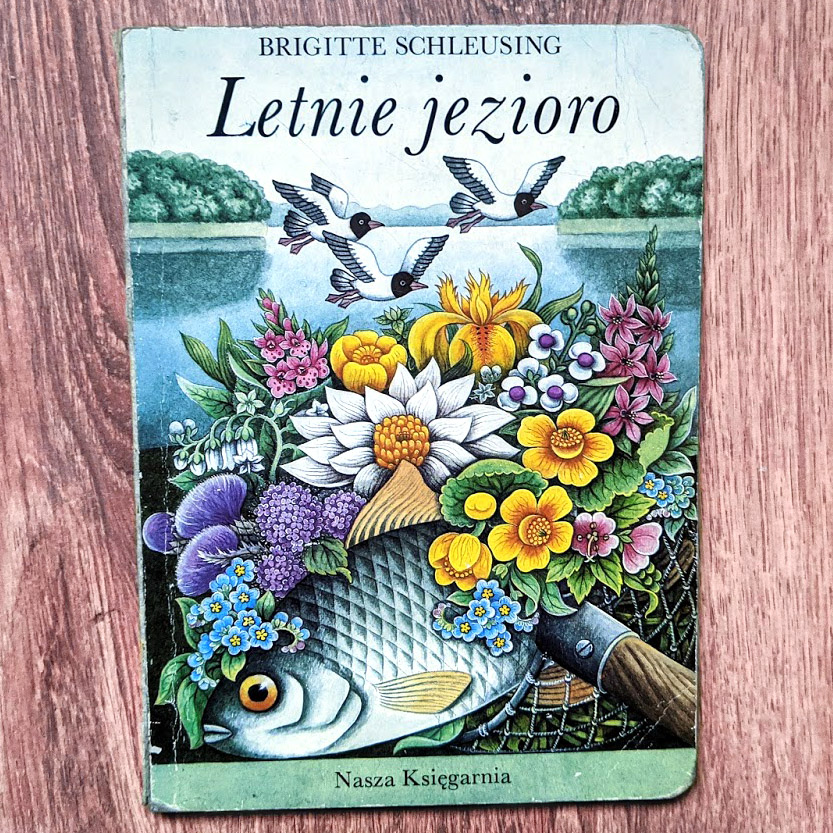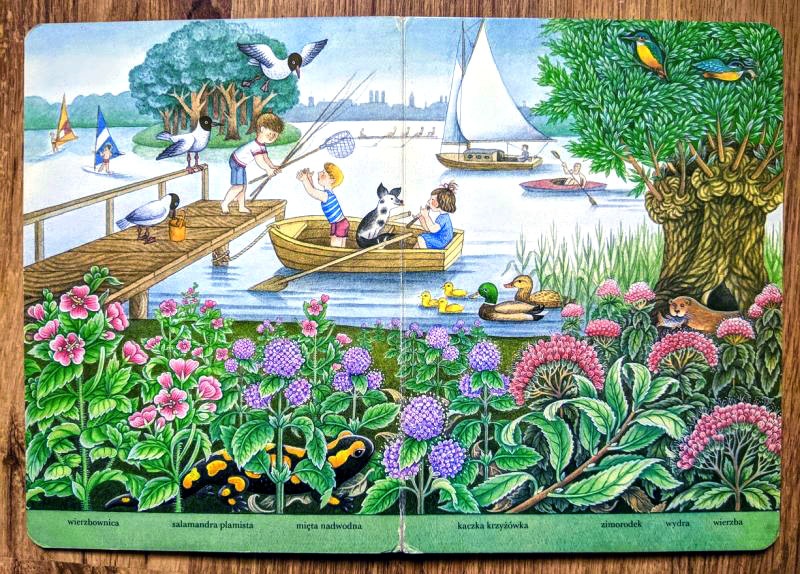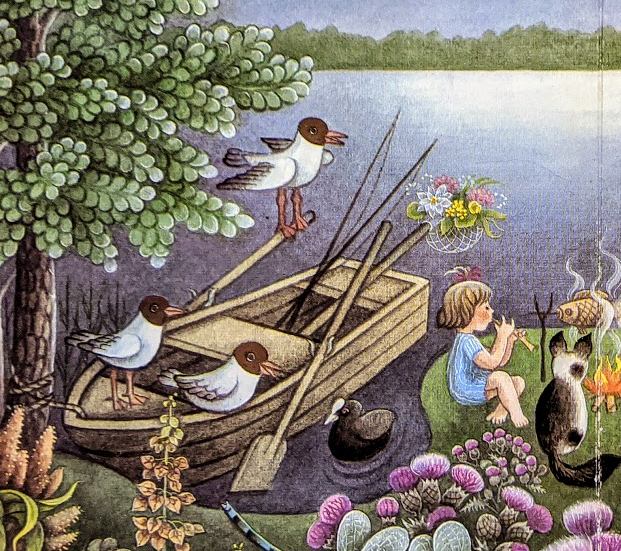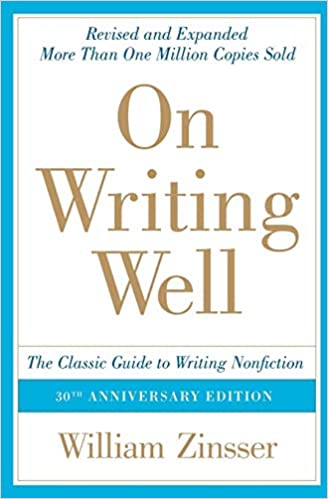Today, I’ve read “Show Your Work” by Austin Kleon.
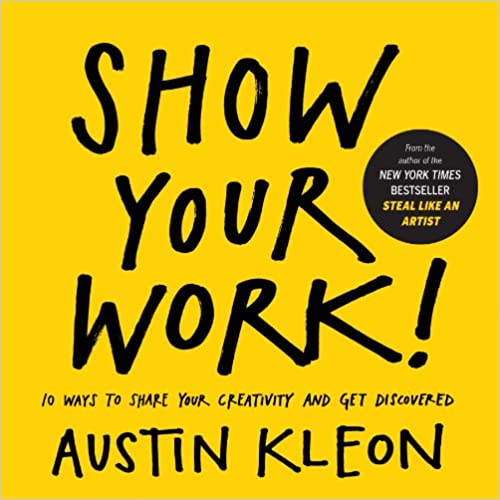
I wish I had read it years ago. If I did, maybe I would have started my blog earlier than I did.
The core message in the book is to not work in secrecy, to instead share ideas, bits and pieces of work, what you are learning.
Here are a few highlights:
- “The best way to get started on the path to sharing your work is to think about what you want to learn, and make a commitment to learning it in front of others.
- “Become a documentarian of what you do.”
- “Being open and honest about what you like is the best way to connect with people who like those things, too.”
- “The minute you learn something, turn around and teach it to others”
I recommend this book to anyone who creates things but is afraid of showing them to people. Or who would like to write a blog or post on Instagram but think they don’t have anything worth sharing.
Related articles that I’ve read recently:
